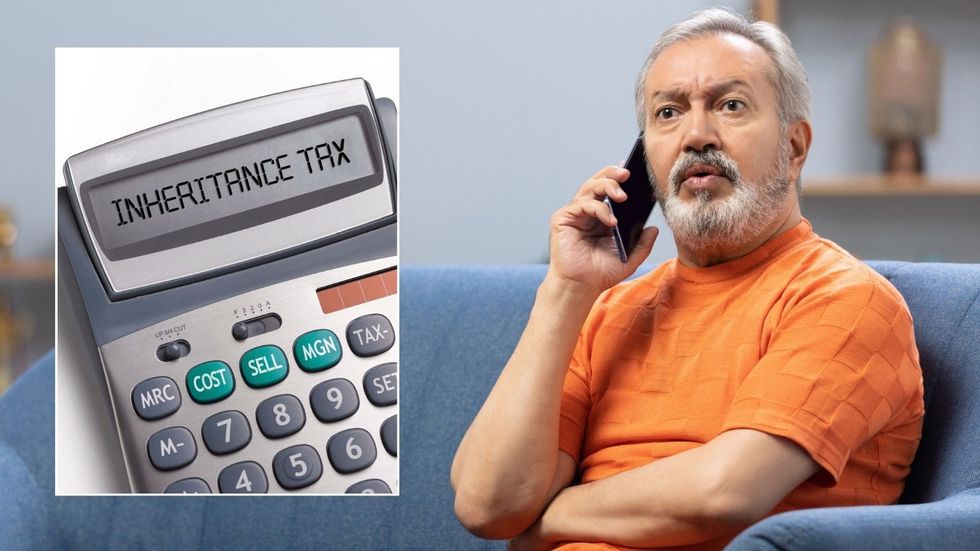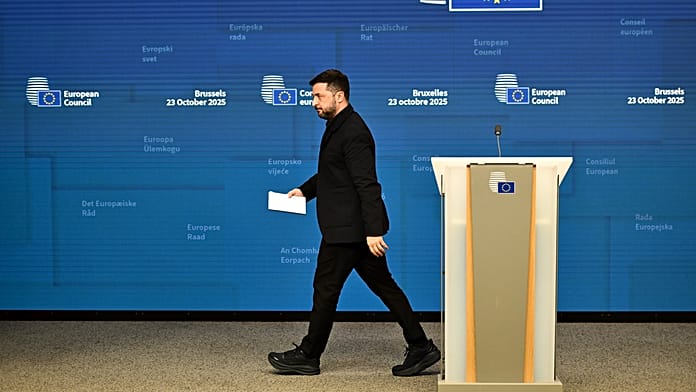Inheritance tax: Gifting rules explained as retirees rush to cut bill before Rachel Reeves's pension grab
An increasing number of older savers are giving money to family members in response to inheritance tax changes due to take effect from April 2027. The changes will bring most unused pension pots and death benefits into inheritance tax calculations, prompting many to act now.Around 17 per cent of those aged 65 and above have already started gifting money to reduce the size of their taxable estate, according to research by Paragon Bank.They found that among those aged 65 to 74, the figure rises to 19 per cent. Around 18 per cent of savers aged 85 and over have also begun gifting, as have 17 per cent of those aged 55 to 64.A quarter of over-65s say they have increased how much they gift, with the highest increases seen among the 75 to 84 and 85-plus age groups, where 29 per cent have upped their giving.Children remain the main recipients, with 71 per cent of savers gifting to them. Forty-six per cent give to grandchildren, 15 per cent to charities, and five per cent to friends.What are the gifting rules?Many savers are using the annual gift allowance, which permits individuals to give up to £3,000 each tax year without the amount being added to their estate for inheritance tax purposes. If unused, the allowance can be carried forward for one year, allowing a maximum tax-free gift of £6,000.Additional exemptions include gifts of up to £250 to any number of individuals, provided they have not received part of the annual £3,000 exemption. Wedding gifts are also exempt if made before the ceremony.Parents can give up to £5,000 to a child, £2,500 to a grandchild or great-grandchild, and £1,000 to any other person.Gifts made from surplus income may also be exempt from inheritance tax, as long as they do not affect the donor’s standard of living and are made on a regular basis. These can include support for ex-spouses, elderly relatives, or children in full-time education.Larger gifts may fall under the rules for Potentially Exempt Transfers. These are gifts of unlimited value which are free from inheritance tax if the donor survives for seven years.If the person dies within seven years, the gift becomes a chargeable transfer and is added to the estate. If the combined value exceeds the £325,000 nil-rate band, inheritance tax may be due.Taper relief may apply to reduce the tax owed on gifts made between three and seven years before death. Gifts made within three years are taxed at 40 per cent, reducing to 32 per cent after three years, 24 per cent after four years, 16 per cent after five years, and eight per cent after six years. After seven years, no inheritance tax is charged.However, gifts where the donor continues to benefit, such as living in a home that was given away, are still counted as part of the estate. This is known as a gift with reservation of benefit.Donations made to registered charities, museums, universities, or community amateur sports clubs are exempt from inheritance tax.If at least 10 per cent of the net estate is left to charity, the inheritance tax rate on the remaining estate can be reduced from 40 per cent to 36 per cent. Gifts to political parties may also qualify for exemption, subject to certain conditions.Andrew Wright, Paragon Bank’s Head of Savings, advised savers to make sure their money is still earning a competitive return while they plan their gifts. He added that gifting should form part of a balanced financial plan, ensuring enough funds are retained for the future.Savers are encouraged to keep clear records of all gifts, including dates, amounts, and recipients, to help estate executors during probate and ensure compliance with tax rules.

An increasing number of older savers are giving money to family members in response to inheritance tax changes due to take effect from April 2027.
The changes will bring most unused pension pots and death benefits into inheritance tax calculations, prompting many to act now.
Around 17 per cent of those aged 65 and above have already started gifting money to reduce the size of their taxable estate, according to research by Paragon Bank.
They found that among those aged 65 to 74, the figure rises to 19 per cent. Around 18 per cent of savers aged 85 and over have also begun gifting, as have 17 per cent of those aged 55 to 64.
A quarter of over-65s say they have increased how much they gift, with the highest increases seen among the 75 to 84 and 85-plus age groups, where 29 per cent have upped their giving.
Children remain the main recipients, with 71 per cent of savers gifting to them. Forty-six per cent give to grandchildren, 15 per cent to charities, and five per cent to friends.
What are the gifting rules?
Many savers are using the annual gift allowance, which permits individuals to give up to £3,000 each tax year without the amount being added to their estate for inheritance tax purposes.
If unused, the allowance can be carried forward for one year, allowing a maximum tax-free gift of £6,000.

Additional exemptions include gifts of up to £250 to any number of individuals, provided they have not received part of the annual £3,000 exemption. Wedding gifts are also exempt if made before the ceremony.
Parents can give up to £5,000 to a child, £2,500 to a grandchild or great-grandchild, and £1,000 to any other person.
Gifts made from surplus income may also be exempt from inheritance tax, as long as they do not affect the donor’s standard of living and are made on a regular basis.
These can include support for ex-spouses, elderly relatives, or children in full-time education.
Larger gifts may fall under the rules for Potentially Exempt Transfers. These are gifts of unlimited value which are free from inheritance tax if the donor survives for seven years.

If the person dies within seven years, the gift becomes a chargeable transfer and is added to the estate. If the combined value exceeds the £325,000 nil-rate band, inheritance tax may be due.
Taper relief may apply to reduce the tax owed on gifts made between three and seven years before death.
Gifts made within three years are taxed at 40 per cent, reducing to 32 per cent after three years, 24 per cent after four years, 16 per cent after five years, and eight per cent after six years. After seven years, no inheritance tax is charged.
However, gifts where the donor continues to benefit, such as living in a home that was given away, are still counted as part of the estate. This is known as a gift with reservation of benefit.
Donations made to registered charities, museums, universities, or community amateur sports clubs are exempt from inheritance tax.
If at least 10 per cent of the net estate is left to charity, the inheritance tax rate on the remaining estate can be reduced from 40 per cent to 36 per cent. Gifts to political parties may also qualify for exemption, subject to certain conditions.

Andrew Wright, Paragon Bank’s Head of Savings, advised savers to make sure their money is still earning a competitive return while they plan their gifts.
He added that gifting should form part of a balanced financial plan, ensuring enough funds are retained for the future.
Savers are encouraged to keep clear records of all gifts, including dates, amounts, and recipients, to help estate executors during probate and ensure compliance with tax rules.







































